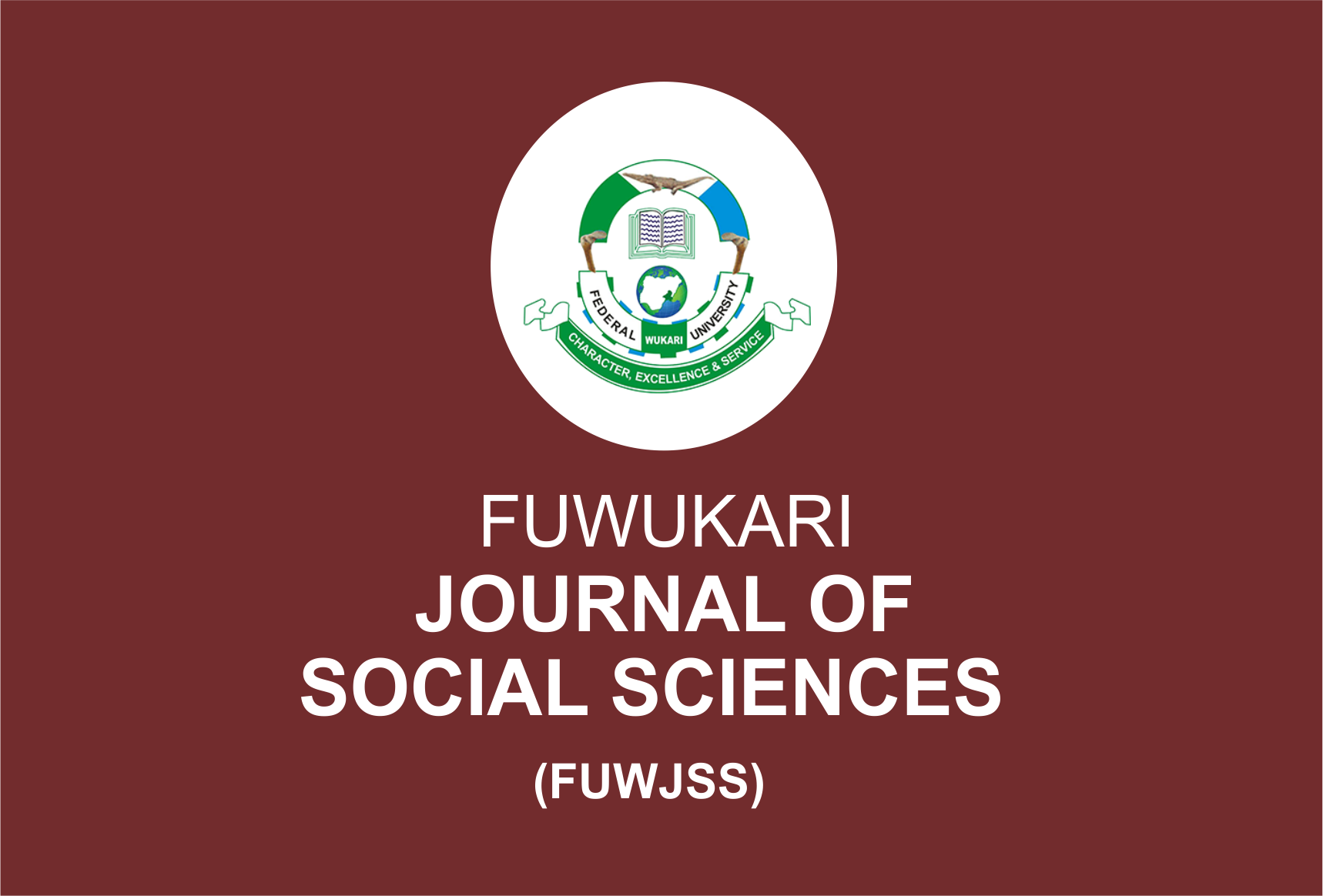Complicating Role of Bandits Informants in the Fight Against Banditry in Zamfara State, Nigeria
Gerald E. Ezirim, Naziru Haruna, Fada Doupere Paul, Stanley Terkumbur Humbe
Keywords: Insecurity, bandits, informants, security, arms
Abstract
The security forces and several willing individuals are strategizing to combat the menace of armed bandits in Zamfara State, Nigeria. However, some criminally-minded individuals in the state are crippling the efforts by providing information and other logistics to armed bandits. This development is a threat to national security and the effort to combat banditry in Zamfara State, Nigeria. Thus, this study investigates the role play by bandits-informants in the persistence of banditry in Zamfara State, Nigeria. The study used survey and documentary method of data collection and quantitative data were analyzed using simple descriptive techniques, while qualitative data were content analyzed. The study adopted the queer ladder theory (QLT) that holds that organized crime is an instrument for social climbing or socio-economic advancement. The study findings indicate that bandits-informants in Zamfara State, Nigeria supply information on security raids, attacks or counter attacks, food items, fuel, sale of stolen properties, arms and ammunitions supply, information revealing wealthy targets. The paper concludes that activities of bandits-informants are complicating ongoing efforts to combat banditary in Zamfara State, Nigeria. The paper recommends that traditional leaders, religious leaders, NGOs, members of the press and willing individuals should embark on awareness creation within communities in the State on the danger of being informants to bandits.
Author Biography
Gerald E. Ezirim, Ph.D.
Department of Political Science
University of Nigeria, Nsukka
Naziru Haruna
Department of Political Science,
Gombe State University, Gombe
Fada Doupere Paul
Department of Political Science,
Federal University Otuoke, Bayelsa State
Stanley Terkumbur Humbe
Department of Political Science,
University of Nigeria Nsukka, Enugu State – Nigeria

